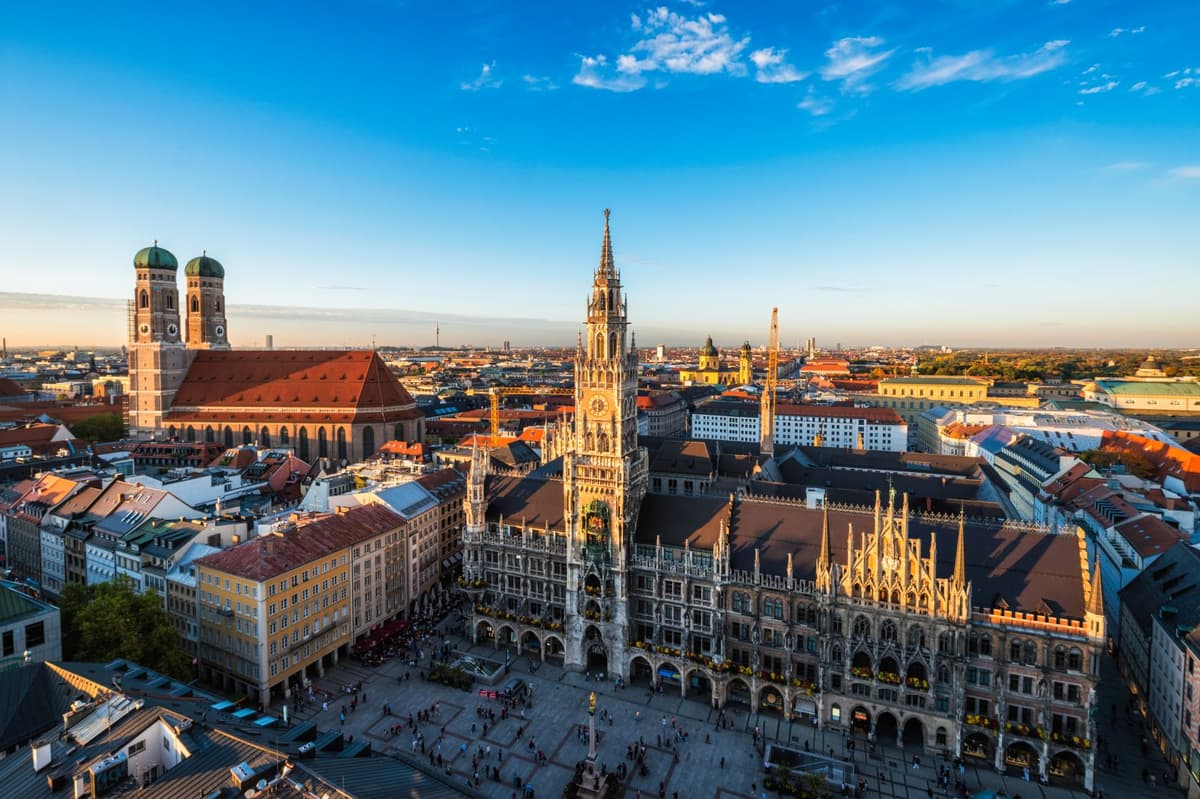University of Coimbra Leads Research on Advanced Materials for Green Building
The Faculty of Science and Technology at the University of Coimbra (FCTUC) is heading an international project to develop new standards for sustainable construction in Portugal. The project, named 3D-EE.Struct, has received a grant of approximately €173,000 under the Horizon Europe program. Its primary environmental standard is the integration of phase change materials (PCMs) into building components to enhance energy efficiency. These materials are designed to be incorporated into walls, ceilings, and floors, acting as passive thermal regulators. The project's certification requirements will be validated through real-world testing and simulation.
The core technology involves PCMs that function as “thermal batteries,” absorbing heat during the day and releasing it at night. This process naturally stabilizes indoor temperatures, reducing the need for mechanical heating and cooling systems. The project emphasizes energy efficiency and renewable energy features by minimizing reliance on the electrical grid. According to researcher Ajitanshu Vedrtnam, the focus is on lightweight construction structures, which are particularly suited to the Portuguese climate. The goal is to achieve a significant reduction in domestic energy consumption and associated greenhouse gas emissions.
The use of sustainable materials and construction practices is central to the 3D-EE.Struct project. Researchers are working to develop practical strategies for integrating PCMs in both new construction and building renovations. This includes optimizing the placement and type of PCM used to maximize performance. The project also addresses water conservation and waste management systems indirectly by reducing the overall environmental footprint of a home's operational lifecycle. The long-term objective is to create buildings that offer improved thermal comfort while being more environmentally responsible.
Need Expert Guidance?
Get personalized insights from verified real estate professionals, lawyers, architects, and more.
Professor Nelson Soares from FCTUC's Department of Mechanical Engineering has stated that the project anticipates achieving energy cost savings of up to 25% for heating and cooling in small homes. To verify these claims, the team will conduct tests in an apartment in Coimbra. The project, which involves collaboration with partners from the USA, Slovakia, and India, aims to provide the construction industry with new scientific tools and strategies. This will support the commercial development of sustainable building, aligning with government incentives and support programs for green construction. The research is expected to influence future green building standards in Portugal.
Discover eco-friendly properties and green developments at realestate-lisbon.com.





